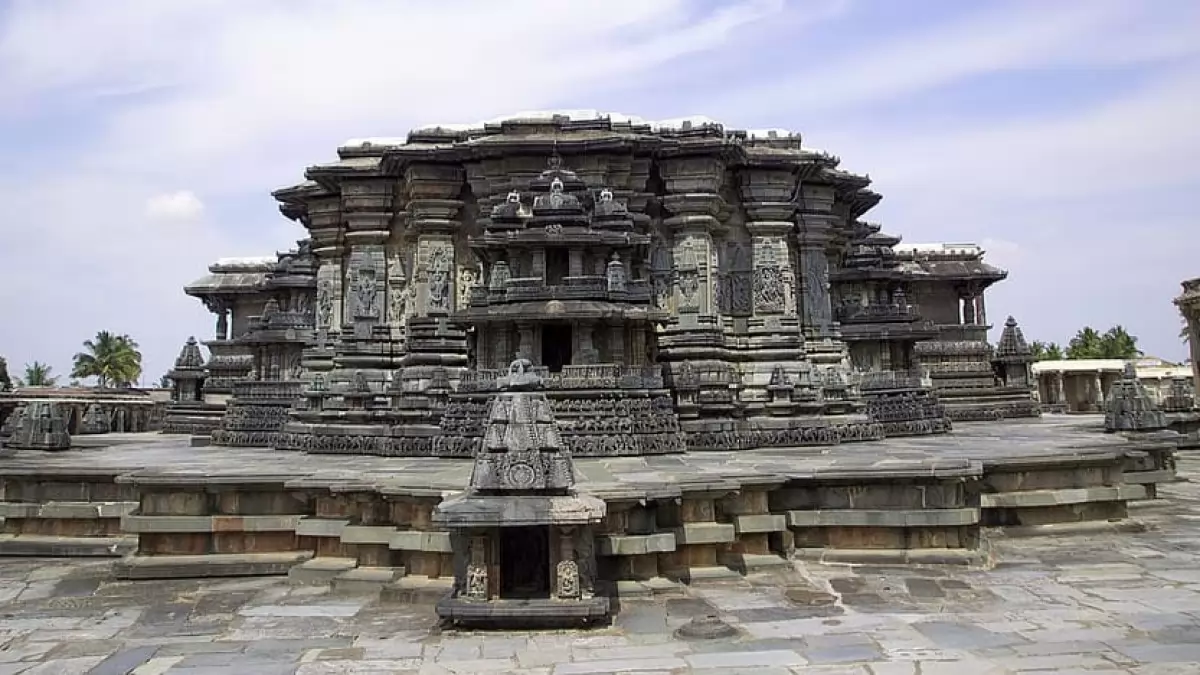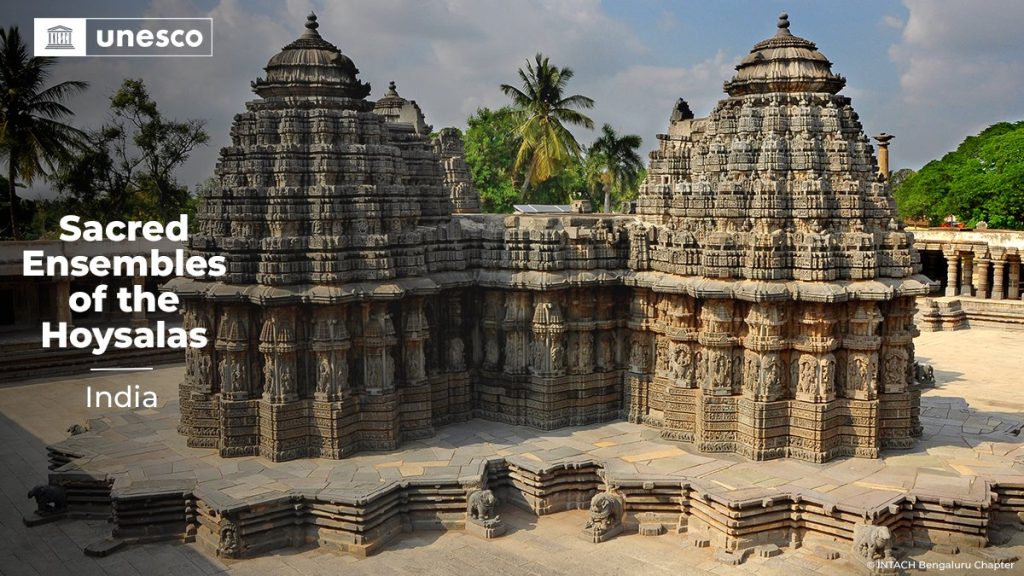Introduction
In a significant cultural milestone, the Hoysala Empire temples in Karnataka, India, have been granted UNESCO World Heritage status, marking India’s 42nd entry into this prestigious list. This recognition comes shortly after Shantiniketan in West Bengal received its UNESCO world heritage status, highlighting India’s rich cultural heritage. This article delves into the details of these UNESCO accolades and their historical significance.
Hoysala Temples Join UNESCO’s List
On September 18, 2023, the UNESCO World Heritage Committee announced the inclusion of the Hoysala temples in Karnataka on its coveted list. This recognition underscores the cultural and historical importance of these temples, celebrating the architectural and artistic contributions of the Hoysala Empire, which thrived from the 10th to the 14th centuries.
Global Support for India’s Bid
India’s endeavor to secure UNESCO heritage status for the Hoysala temples garnered support from nations worldwide. Countries like Japan, Nigeria, Oman, Greece, Italy, Russia, Ethiopia, Zambia, South Africa, Qatar, Mali, St Vincent & the Grenadines, Belgium, Argentina, Mexico, Saudi Arabia, and Thailand endorsed India’s bid. The UNESCO World Heritage Committee, during its 45th session in Riyadh, Saudi Arabia, acknowledged the temples’ cultural significance through a favorable vote.
Legacy of the Hoysala Empire
The Hoysala Empire, founded by King Nripa Kama in the 10th century, played a pivotal role in nurturing art, architecture, and culture in southern India. Their reign witnessed a profound cultural revival and a strong commitment to temple construction. The Hoysala’s architectural prowess is exemplified by the fusion of various South Indian architectural influences evident in their temple structures.

Karnataka’s UNESCO Heritage Treasures
Karnataka, already home to several UNESCO World Heritage Sites, adds another gem to its collection with the inclusion of the Hoysala temples. The state boasts renowned heritage sites like the Hampi ruins, Pattadakal monuments, and the Western Ghats, showcasing its rich historical and natural heritage.
Shantiniketan: A UNESCO Cultural Gem
In a separate UNESCO recognition, Shantiniketan, founded by Nobel laureate Rabindranath Tagore in West Bengal, received its world heritage status. Established in 1901, Shantiniketan has served as a residential school and a cultural center deeply rooted in ancient Indian traditions. It carries a vision of uniting humanity across religious and cultural boundaries.
Tagore’s Vision at Shantiniketan
In 1921, Shantiniketan evolved into a ‘world university,’ known as “Visva Bharati,” emphasising the unity of humanity. India’s persistent efforts to secure UNESCO recognition for this cultural site have finally borne fruit, showcasing Tagore’s enduring legacy and vision for a harmonious world.
Celebrating India’s Cultural Legacy
The inclusion of the Hoysala Empire temples and Shantiniketan in the UNESCO World Heritage list serves as a poignant reminder of India’s rich and diverse cultural heritage. It underscores the nation’s role as a custodian of historical treasures, architectural marvels, and cultural legacies that continue to inspire and captivate the world. These additions reaffirm India’s commitment to preserving and celebrating its cultural treasures for generations to come.

Contributor





